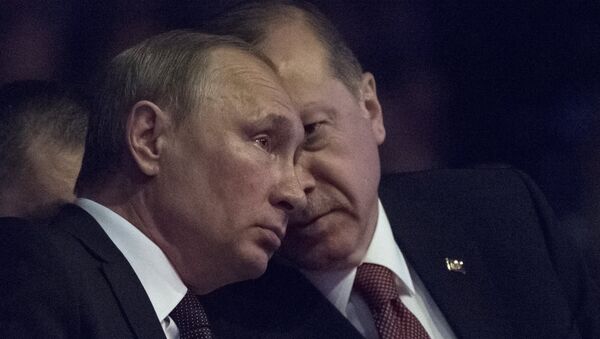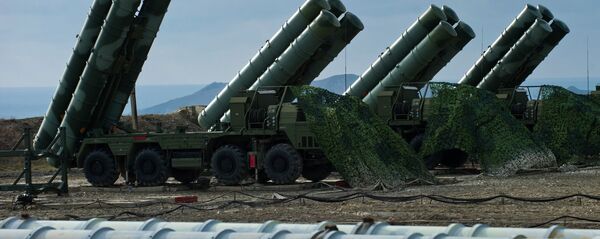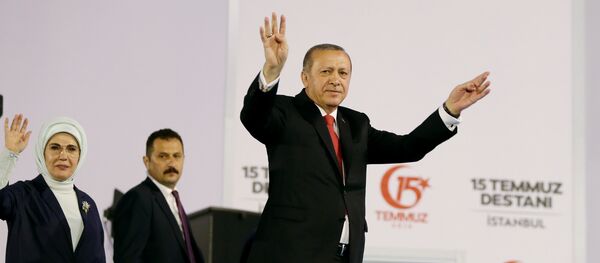He further stated that from a historical point of view, if Russia and Turkey were to enter into a war, the Western European countries, specifically Great Britain, would benefit from such a conflict.
“However, this time, Erdogan and Putin decided to stop this destructive trend. Hence, Turkey is increasingly entering the Eurasian structures with Russia and China and moving away from ‘Atlanticism,’” the analyst said.
According to Kovacevic this is essential because good relations between Russia and Turkey solve the issues of stability and prosperity in the Balkans.
“At the same time, one must bear in mind the delicacy of this issue and the fact that it is very easy to put it in jeopardy, which is the goal of the activity of the Atlantic centers of the NATO force in Europe,” Kovacevic noted.
After a long period of dynamic development between Russian and Turkish relations, bilateral cooperation went downhill after the Turkish Air Force downed a Russian military aircraft in the Syrian airspace on November 24, 2015. For seven months bilateral ties were virtually frozen. In June 2016 in a message to the Russian president the Turkish president expressed his desire to normalize relations and apologized for the death of the Russian pilot.
An incremental restoration of bilateral relations was launched on June 28, 2016, after a telephone conversation between the two presidents.
As a follow-up to the agreements reached by the presidents, the foreign ministers of Russia and Turkey held a working meeting in Sochi on July 1, 2016.
On August 9, 2016, Putin and Erdogan met in St. Petersburg for the first time since the crisis in bilateral relations. At the meeting they agreed to restore cooperation in all areas.
Later on Putin met with Erdogan on the eve of the G-20 summit in the Chinese city of Hangzhou on September 3, 2016. The leaders discussed the restoration of full-scale bilateral cooperation and exchanged opinions on the Syrian issue.
Turkey is one of Russia’s main foreign trade partners. According to customs statistics, in 2015 Russia’s foreign trade with Turkey amounted to $23.3 billion – a year-on-year reduction of 26.1 percent. Exports amounted to $19.3 billion (a reduction by 22.5 percent) and imports to $4 billion (a drop by 39.4 percent).
In 2016, bilateral trade decreased compared to 2015. The reduction in imports from Turkey was caused by trade restrictions introduced by Russia toward Turkey in the end of 2015.






